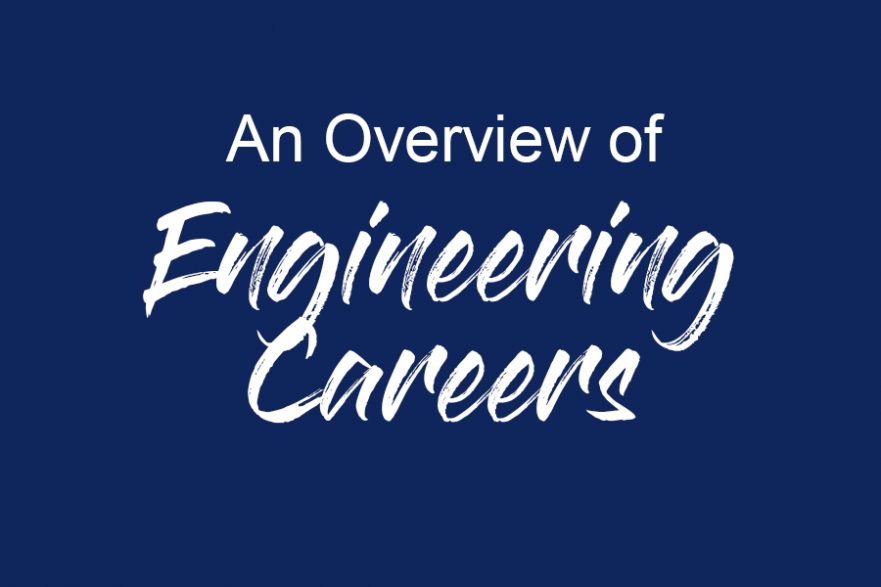- Automotive Engineering
Automotive engineers design, develop, and test vehicles and automotive systems. They work on projects such as improving fuel efficiency, designing new technologies, and enhancing safety features. - Biomedical Engineering
Biomedical engineers use engineering principles to solve medical and biological problems. They design and develop medical devices, such as artificial organs and implants, as well as medical systems and equipment. - Chemical Engineering
Chemical engineers design, develop, and oversee the production of chemicals, fuels, drugs, and other products. They work in a wide range of industries, including pharmaceuticals, energy, and materials. - Data Engineering
Data engineers design, build, and maintain the systems that collect, store, and process large amounts of data. They work with data scientists and business teams to help organizations make data-driven decisions. - Environmental Engineering
Environmental engineers solve environmental problems using engineering principles. They work on projects such as designing systems for water treatment, developing solutions for air pollution, and mitigating the impact of human activities on the environment. - Civil Engineering
Civil engineers design, build, and maintain the infrastructure of our communities, including buildings, roads, bridges, and water supply systems. They ensure that these structures are safe, efficient, and sustainable. - Electrical Engineering
Electrical engineers design, develop, and test electronic and electrical systems. They work on projects such as designing electrical systems for buildings, developing new technologies, and improving the efficiency of power systems. - Manufacturing Engineering
Manufacturing engineers design and develop the processes and systems used to produce products. They work on projects such as improving production efficiency, reducing waste, and developing new technologies for manufacturing. - Mechanical Engineering
Mechanical engineers design, develop, and test mechanical systems, such as engines, machines, and tools. They work on projects such as improving the efficiency of energy systems, designing new technologies, and enhancing the performance of mechanical devices. - Software Engineering
Software engineers design, develop, and maintain software systems. They work on projects such as creating new applications, improving the performance of existing systems, and developing systems for new technologies. - Computer Science/Engineering
Computer scientists and engineers design, develop, and test computer systems and software. They work on projects such as developing new algorithms, creating artificial intelligence systems, and improving the efficiency of computer systems. - Industrial Engineering
Industrial engineers optimize complex systems, such as production processes, supply chain systems, and healthcare delivery. They work on projects such as improving efficiency, reducing waste, and enhancing productivity. - Marine/Ocean Engineering
Marine and ocean engineers design, develop, and test systems and structures related to the ocean environment. They work on projects such as designing offshore oil platforms, developing new technologies for ocean exploration, and improving the safety of maritime operations. - Supply chain Engineering
Supply chain engineers design and optimize the systems that move goods from suppliers to customers. They work on projects such as improving the efficiency of supply chain operations, reducing costs, and enhancing the sustainability of supply chain systems. - Telecommunication Engineering
Telecommunication engineers design, develop, and maintain the systems that enable communication over long distances. They work on projects such as designing new technologies for data transmission, improving the performance of existing systems, and developing new communication systems.



